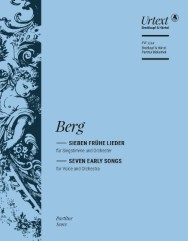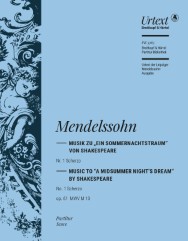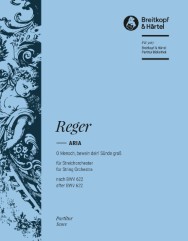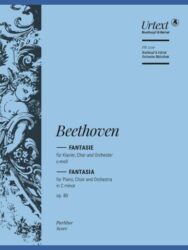Siegfried Idyll WWV 103
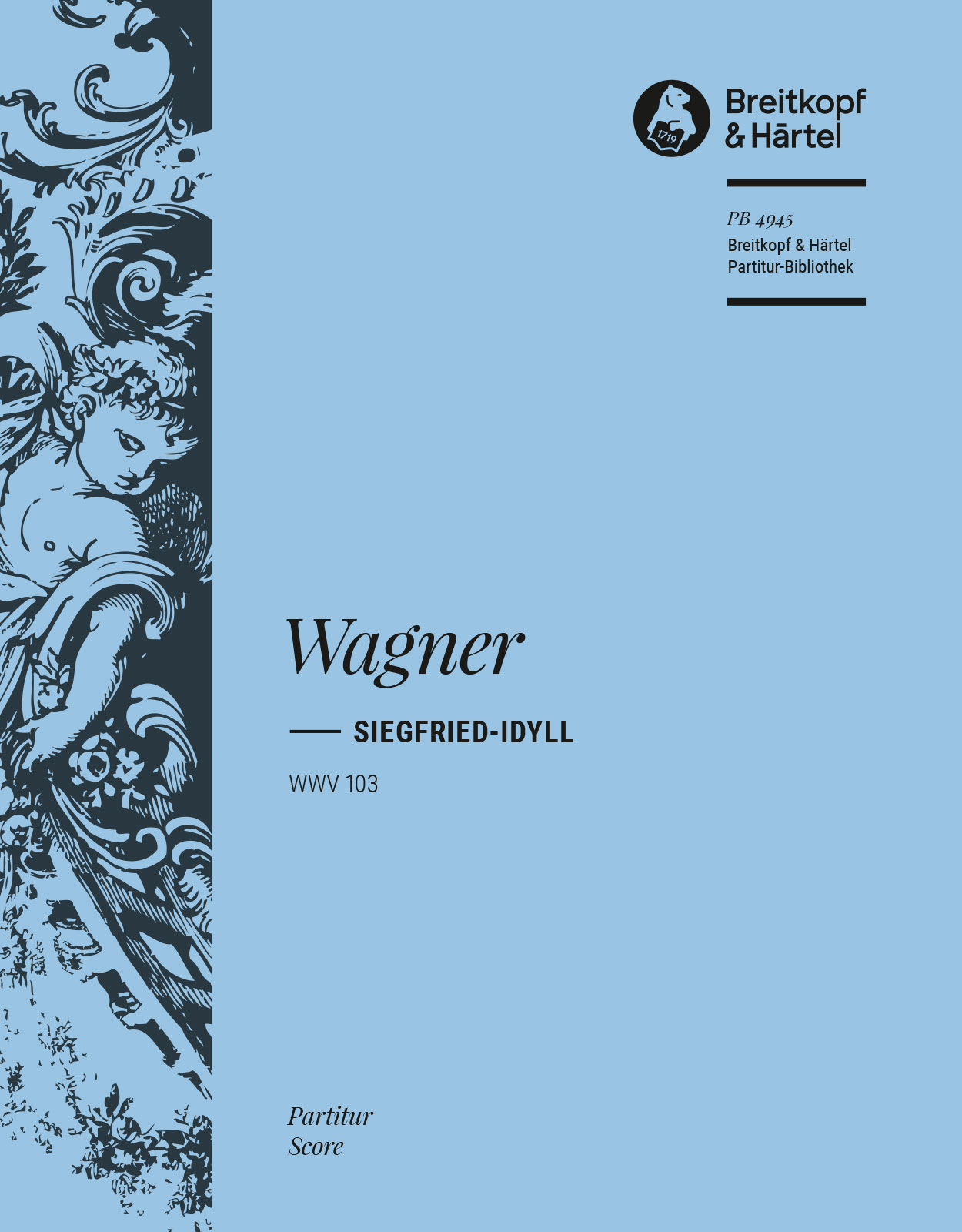
Composer: Wagner, Richard
Instrumentation: Orchestra
Publisher: Breitkopf and Hartel
Richard Wagner wrote the “Siegfried Idyll” in late 1870 for the 33rd birthday of his wife Cosima. He broadly based it on motifs from the…
Digital Download – PDF
Shipping costs: No shipping
R.R.P £19.00
Our Price: £16.15

